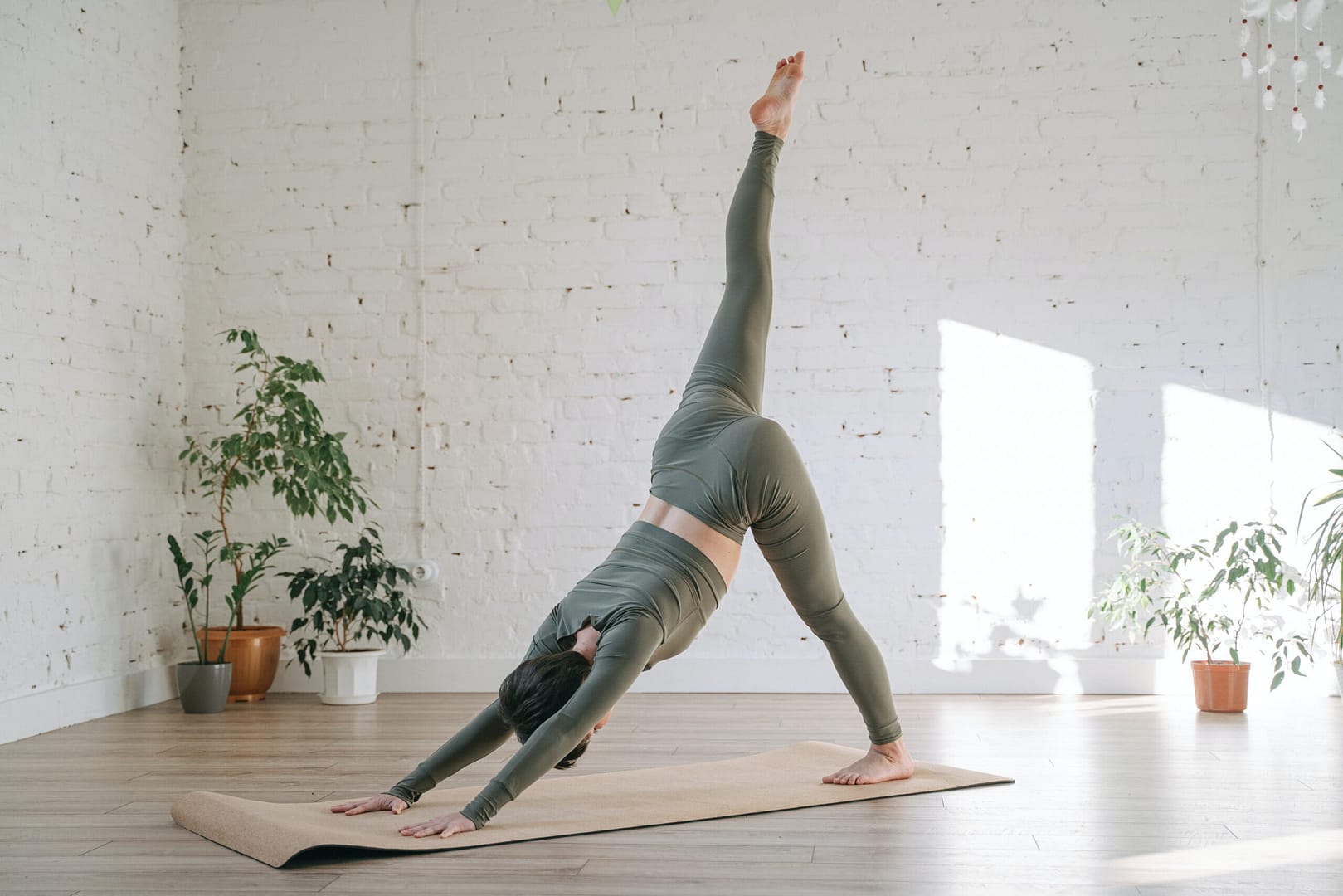In the fast-paced modern world we live in, our bodies face an array of stressors that can affect our overall well-being. While stress is a natural response, understanding its various forms, such as physical, chemical, and emotional stress, is crucial for maintaining optimal health. In this Article, we will delve into the realm of physical stress, exploring its causes and effects on our bodies and providing valuable insights into effective management strategies. As a Remedial Massage Therapist, I witness firsthand the impact of physical stress on the body. I am here to support you in nurturing your well-being and achieving balance amongst the challenges put on your body. While addressing the physical stresses is crucial, it is equally important to understand and implement strategies that encompass all areas of stress, including chemical and emotional aspects. By doing so, you can optimize your overall health and well-being.
The Essence of Physical Stress:
Physical Stress encompasses the strain our bodies endure due to external factors like strenuous activities, poor posture, physical injuries, or chronic conditions. This form of stress takes a toll primarily on the musculoskeletal system but may in the long run have effects on the Immune and Cardiovascular system. Understanding the mechanisms behind physical stress empowers us to take proactive steps in mitigating its impact.
Causes:
Physical stress, as the name implies, refers to any factor or activity that puts strain on your physical well-being. While it may seem straightforward, the underlying causes of physical stress can be complex, often involving multiple contributing factors. We can categorize physical stressors into two main types: immediate/short-term stressors and lifestyle/long-term stressors. It’s important to note that many short-term stressors can evolve into long-term stress due to unconscious habits that you may unknowingly adopt. Short-term physical stress can arise from intense workouts or rigorous training sessions, where muscles are pushed beyond their usual limits. Similarly, labour-intensive jobs performed consistently without sufficient rest can transition into long-term lifestyle stress for the body. For instance, starting to work from home and spending prolonged hours at a desk may lead to poor posture and being stuck in that position all day long. Initially, you may experience occasional aches or discomfort, but if the underlying issue is not addressed, the body’s condition can deteriorate, resulting in frequent and persistent long-term stress. Often, what starts as a series of short-term stresses can develop into long-term stresses without one’s awareness. Eventually, your body reaches a threshold and starts generating more demanding symptoms as a signal for you to revaluate your habits and make necessary changes.
Unravelling the Effects of Physical Stress:
Physical stress has far-reaching consequences that can manifest in various ways. Musculoskeletal discomfort, such as tense muscles, stiffness, or even chronic pain, is a common result of prolonged physical stress. We also need to remember there is a lot going on inside our bodies. It’s like a big puzzle where stress hormones, pathways in our brains, and different parts of our body, like our heart, immune system, and hormone system, all interact with each other. Interestingly, physical stress has been found to affect how we think and remember things, leading to changes in our cognitive performance. It can also make us more vulnerable to experiencing mood swings and disturbances mentally. So, physical stress doesn’t just affect our bodies, but it can affect our minds too. By recognizing these effects, we can take appropriate measures to address and manage physical stress effectively.
Holistic Approaches to Manage Physical Stress:
As a natural health practitioner, I believe in a holistic approach that acknowledges the interconnectedness of our physical, mental, and emotional well-being. To effectively manage physical stress, it is vital to adopt a multifaceted approach. Here are some key strategies that can assist in alleviating the impact of physical stress:
1. Stretching and Exercise: Engaging in regular physical activity helps strengthen the body, enhance flexibility, and release endorphins, which promote a sense of well-being. Incorporating activities like yoga or stretching into your routine can provide immense benefits in managing not only physical stress but also emotional stress.
2. Practicing Proper Body Mechanics: Maintaining good posture and employing ergonomic practices throughout daily activities can significantly reduce physical stress. Paying attention to alignment and ergonomics while sitting, standing, or lifting heavy objects can prevent unnecessary strain on the body.
3. Rest and Recovery: Adequate rest and quality sleep play a crucial role in rejuvenating the body and allowing it to recover from physical stress. Prioritize establishing a healthy sleep routine and practice relaxation techniques to promote deep restorative sleep. Adults should get around 8 hours sleep, while children should get 10 hours or more.
4. Adding a Therapy to counteract the harms faced to your body and push optimal function. For example, seeing a Remedial Massage Therapist, Chiropractor, Osteopath, etc will supply you with an amazing amount of knowledge to navigate how, why, and what your body is doing in response to physical stress. Understanding the impact of physical stress on our well-being is a crucial aspect of natural healthcare. Many practitioners will dive into the intricate connections between physical stress and its repercussions on various bodily systems. By unravelling these effects, we aim to provide personalized strategies and interventions that promote resilience, restore balance, and optimize overall health.
Physical stress is an integral aspect of our lives, and understanding its impact is vital for nurturing our well-being. As a natural health practitioner, I encourage you to embrace a holistic approach to manage physical stress effectively. Through incorporating movement and exercise, practicing proper body mechanics, prioritizing rest and recovery, and working with a skilled health care practitioner we can minimize the negative effects of physical stress on our bodies. Remember, the journey towards optimal well-being begins with self-awareness and the commitment to care for ourselves holistically. Embrace this knowledge and embark on a path towards a healthier, more balanced life.


